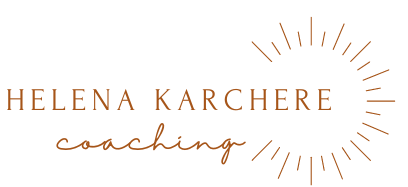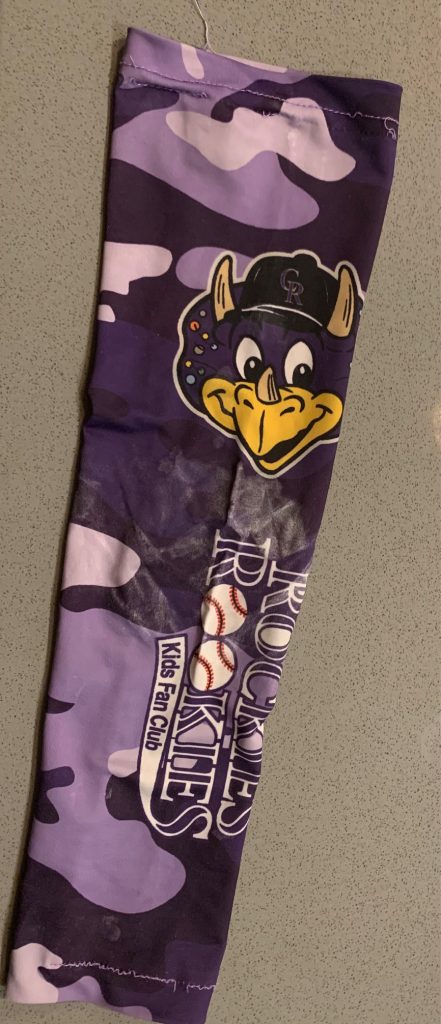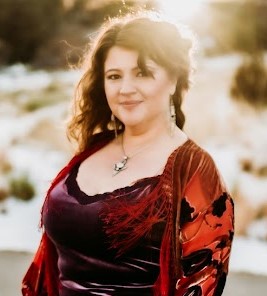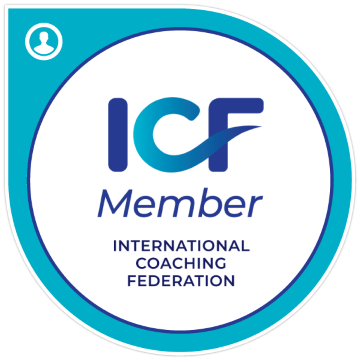Some People May Hurt You
Parenting for emotional intelligence and psychological safety
When I picked my 10 year old up from Spring Break day camp last week, he told me another boy had purposefully kicked his leg, which was a more severe safety issue given that they were on an ice rink, with ice hockey skates on at the time. The boy had first pushed him down, and then deliberately lashed his skate blade out at my kid’s upper leg. My son attributes a lucky Rockies baseball arm band being folded up in his pocket to not having been sliced open across his leg. But he was bruised and just… shocked that someone would act like that. And then not apologize, even with my son crumpled on the ice, crying, and the other kids demanding that he should.
It’s quite a thing, the moments when as parents we have to/get to help our children reflect on the sad and scary parts of being human. And some of us benefit from more privilege around the timing of these lessons. My boy has largely not been confronted with bullies, not been the victim of racism or ableism etc. But today he was the victim of someone else’s lashing out. And so there’s an opportunity to discuss the fact that some people will hurt you and seemingly not care.
I consider myself a naturally trusting person, and have been naïve in my approach to the world and relationships in the past. But after encountering some deeply dishonest people, having a few relationships end in betrayal, and witnessing “badly behaving adults” in most places I have worked… I’m wiser. How do I support my child in this wisdom while still providing a positive world view?
Here’s what I know:
- It is not my job to make my child anxious about being in the world–the people and situations in his life will teach him what he needs to learn about trust and safety and boundaries. And living in fear isn’t the way.
- It is my job to demonstrate what loving, respectful relationship is, so hopefully he will seek and nurture those kinds of relationships, and not accept abuse or be abusive.
- It is my job to help him reflect on and learn from tough encounters, where he feels hurt or witnesses others getting hurt. We seek empathy: “How does it feel to be pushed down?” “When you want to lash out at others, what helps you calm down?” We also seek to empower safety: “Looking back, what was your first sign that person might hurt you? You know it’s ok to defend yourself or call for help if you can’t remove yourself?”
This is a central theme of parenting–helping them reconcile the light and the shadow of this being human–the trust and the self-preservation–and how we approach it must evolve at each age. Reality is that sometimes in life you’re left on the ground helpless for awhile, on the aggressive whim of someone else. Sometimes it’s a quick recovery; sometimes it takes years to work through the trauma. We want to raise people who embody their capacity for good, and also own their potential to cause harm. And who choose responsibly. We can’t know why the now infamous camper lashed out, but we can choose how we will be.
It’s clear that our success in this parenting gig depends on doing our own Shadow Work. I see the part of me that wants to get all rageful Mama Bear on this other child or his parents. I see the part that feels afraid of how quickly my most precious vulnerable baby could be harmed. I see my grief about how we all hurt and get hurt. I choose to act from the me that is wise and powerful and loving, as much as I can, and that makes all the difference in my heart. And it will make all the difference for the camp staff I work on this with–because doing our internal work doesn’t mean we don’t also do external work to resolve things as needed.

Sign up for Helena's Blog
Welcome!
I am a coach, facilitator and program director in Denver, Colorado. I bring a high-performance mindset from 18 years leading in global corporations, startups, non-profits and Higher Ed. I’ve also honed skills in emotional intelligence and practical spirituality through training with ICF, Shadow Work®, Insights Discovery and motherhood. If you’re ready to do powerful inner work, and also get tangible results in your external environment, please follow my blog and reach out to talk about coaching!
Recent Comments
- HelenaAnn on The Four Quarter Model
- Mariette Strub on The Four Quarter Model
- Brianna on Tales of a Working Parent in 2020: The 3 Spheres of Attention
- Ruth Buckingham on Driving in Emotional Weather
- Ruth on Keep Your Labels To Yourself, Thanks









